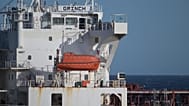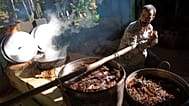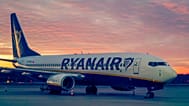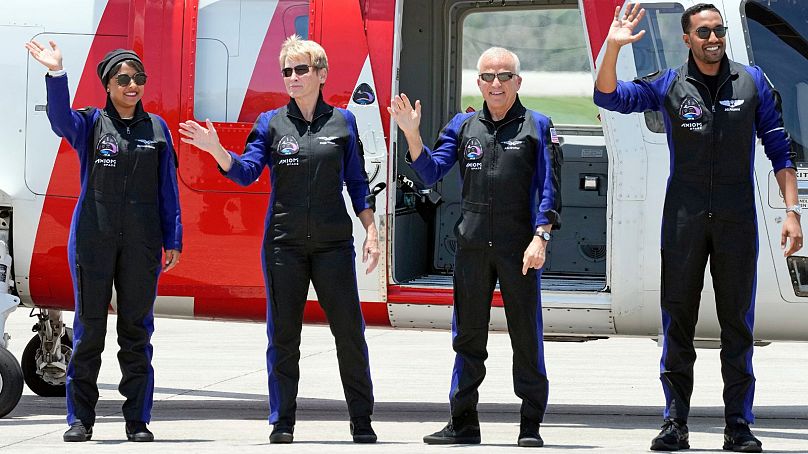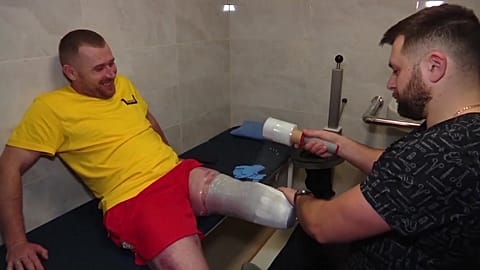It's the latest move by the oil-rich Gulf kingdom, where women only gained the right to drive a few years ago, to revamp its ultraconservative image.
SpaceX has launched the first female Saudi Arabian astronaut into space on a private mission to the International Space Station (ISS).
 ADVERTISEMENT
ADVERTISEMENT
 ADVERTISEMENT
ADVERTISEMENT
Rayyanah Barnawi, a stem cell researcher, became the first woman from the kingdom to go to space, and along with fighter pilot Ali al-Qarni, she will be the first Saudi Arabian to visit the ISS.
Blasting off from Kennedy Space Center on Sunday, the crew included a US businessman and a retired NASA astronaut who now works for the company that arranged the trip.
The multi-million dollar flight is the second private flight to the space station organised by the company Axiom Space. Last year, they sent three businessmen there, with another retired NASA astronaut.
Eventually, the company plans to add its own rooms to the ISS, before forming a stand-alone outpost for hire.
Axiom won’t say how much the tickets for the passengers are for the planned 10-day mission, but the company had previously cited a ticket price of $55 million (€50.85 million) each.
NASA’s latest price list shows per-person, per-day charges of $2,000 (€1,848) for food and up to $1,500 (€1,387) for sleeping bags and other gear.
Milestone mission for Saudi Arabia
Barnawi and al-Qarni, whose tickets were sponsored by the Saudi Arabian government, are the first Saudis to travel in a rocket since a Saudi prince launched aboard shuttle Discovery in 1985.
Involving a Saudi woman in a space mission is the latest move by the oil-rich Gulf kingdom, where women only gained the right to drive a few years ago, to revamp its ultraconservative image.
The kingdom established the Saudi Space Commission in 2018 and launched a program last year to send astronauts into space.
“Hello from outer space! It feels amazing to be viewing Earth from this capsule," Barnawi said after settling into orbit.
Al-Qarni added: “As I look outside into space, I can't help but think this is just the beginning of a great journey for all of us".
The guests will have access to most of the station as they conduct experiments, photograph Earth, and chat with school children back home, demonstrating how kites fly in space when attached to a fan.
After decades of shunning space tourism, NASA now embraces it with two private missions planned a year. The Russian Space Agency has been doing it, off and on, for decades.
“Our job is to expand what we do in low-Earth orbit across the globe,” said NASA’s space station programme manager Joel Montalbano.
SpaceX's first-stage booster landed back at Cape Canaveral eight minutes after liftoff - a special treat for the launch day crowd, which included about 60 Saudis. “It was a very, very exciting day,” said Axiom’s Matt Ondler.

